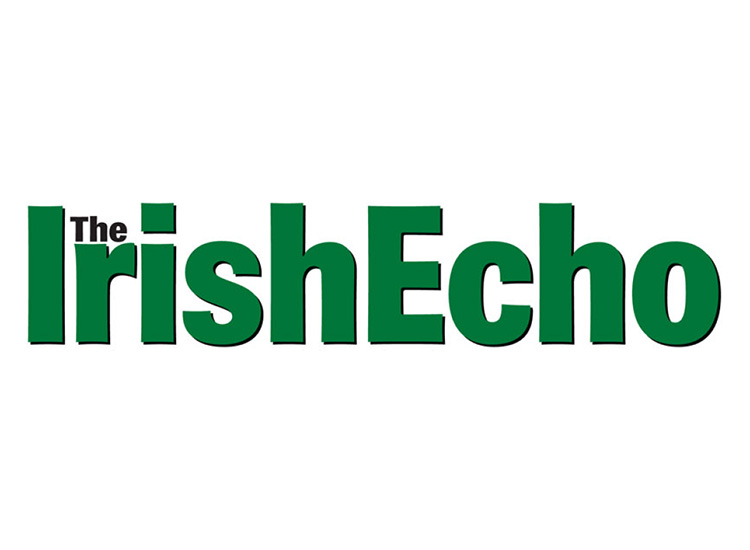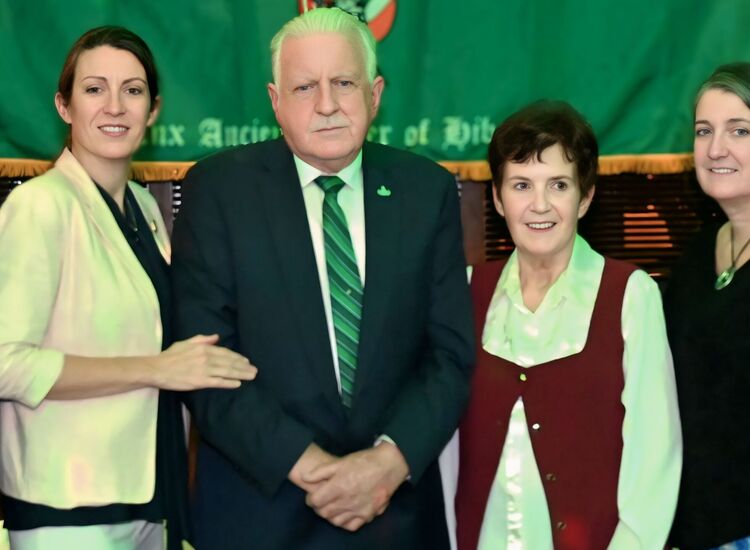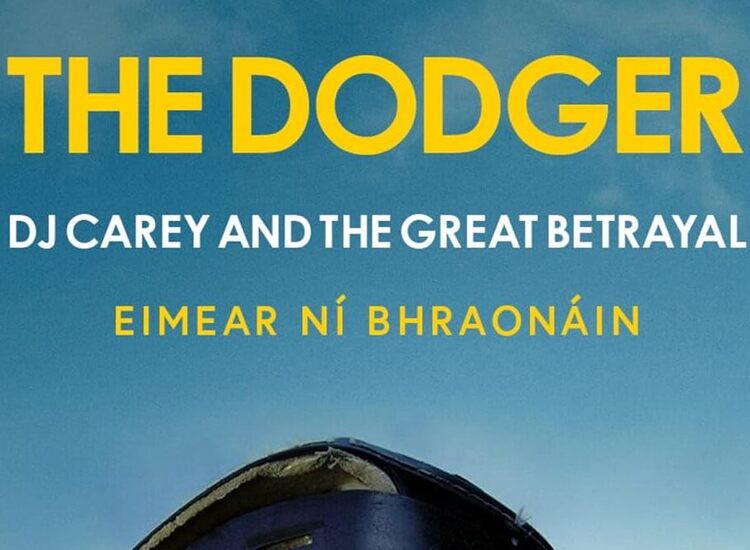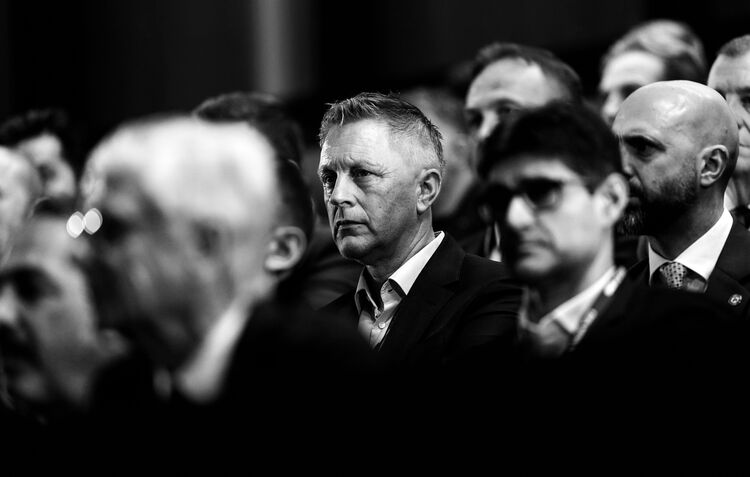FairPlé has several parallel movements in the arts.
Traditional Music / By Daniel Neely
On Saturday, June 9, the Irish Arts Center will be one of the hosts of FairPlé Day, the international collective action that’ll include (at the time of writing) 20 events around Ireland, the UK, and the United States. Our event, called “FairPlé: New York,” will feature performances by some exceptional musicians, including Katie Linnane (fiddle), Ivan Goff (uilleann pipes), & Maeve Gilchrist (harp); Dan Gurney (button accordion), Christina Dolphin (flute), & Maeve Flanagan (fiddle); and Jenna Nicholls (singer), & Brendan O’Shea (singer), and bring FairPlé’s important message about equality and fair practice in Irish traditional and folk music to New York City.
In the spirit of full disclosure, I am the concert’s organizer. Earlier in May, singer Karan Casey, one of FairPlé’s founders, reached out asking for some help producing the New York City gig. Acquainted with the group’s aim (regular readers will remember I wrote about it back in March, tinyurl.com/FairPleEcho), I was honored to be asked and set myself to curating a show I’d want to see consistent with FairPlé’s mission. I think it’ll be a great evening and I encourage everyone reading this to come out on the 9th to enjoy the music and be part of the moment.
FairPlé was formed in response to the easily observed gender imbalance in traditional music on the professional level with the goal of promoting female representation in the production, performance, promotion, and development of traditional music at all levels. Today, it stands among several other parallel movements, including “Waking the Feminists” (a grassroots campaign that called for equality in Irish theatre; www.wakingthefeminists.org), “Sounding the Feminists” (a collective of composers, sound artists, performers, musicologists, critics, promoters, industry professionals, organizations, and individuals, committed to promoting and publicizing the creative work of female musicians; www.soundingthefeminists.com), and more recently, “female:pressure” (an international network of female, transgender and non-binary artists in the fields of electronic music; www.femalepressure.net) that do similar work in other arts-related fields.
Casey and I spoke about what FairPlé Day means last week. She described the struggle many women in traditional music face and suggested that FairPlé’s place as an advocacy group was clear. “If there’s societal sexism, it’s kind of preposterous to suggest that it wouldn’t exist in trad or folk music, that we’re somehow immune from it,” she explained. “It’s a huge issue that needs to be addressed and what we’re trying to do is redress this imbalance. It’s very much there, and once you see it it’s impossible to unsee. The bigger question, then, is ‘what can we do?’ It’s a harder questions for us. We’re battling it on a professional level and trying to convince festivals to be more open minded in their programming, saying ‘if you are more inclusive then your festival will be more representative of the society that we live in.’ We’re not a minority in the music.”
FairPlé’s message is important on professional level, but it’s equally valid on the “amateur” level, where one often finds far greater parity. Walk into a session anywhere in you’re likely to find an environment where women and men hold equal footing and are recognized and rewarded on the merits of their playing. But even these contexts can be fraught, as there are many women who can speak of experiencing rampant sexism and recognizing unconscious bias. This is where FairPlé’s mission becomes particularly important.
“Ultimately,” Casey noted, "we’re about being a support network for women who want to be in a career that is often very difficult and especially so for younger women who want to kind of step out onto that platform in particular.”
Casey admits that the conversation will be uncomfortable for a while, but “it’s one that’s worth having, it’s worth it to make a real change.” There are many layers at work here and it’s nowhere near being a simple fix. It’s particularly challenging when there are some who deny – in the spirit of “FírPlé,” perhaps– the need for gender-based advocacy. But FairPlé Day will prove an important step in advancing the dialogue about gender equality, especially when men like Dónal Lunny, Damien Dempsey, Declan O’Rourke, Liam Ó Maonlaí, and John Spillane stand alongside Casey, Padraigín Ní Uallacháin, Muireann Nic Amhlaoibh, Niamh Parsons, Niamh Dunne, Pauline Scanlon, Niamh Ní Charra, Síle Denvir, Úna Monaghan, and others to support the movement and push for change.
So how best to support FairPlé Day, and the movement’s aims on the ninth? “Come out and listen,” Casey offered. “Be kind and respectful and if you’re a musician think how you can include women more in every aspect of your music making.” It’s a simple request, and one I think everyone can be on board with.
I hope to see you at the Irish Arts Center on June 9. For more information, visit tinyurl.com/FairpleNY. To learn more about FairPlé, visit fairple.com.








